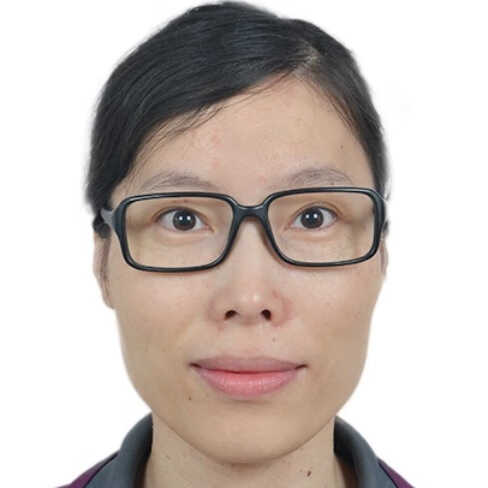小儿先天性外胚层发育不良综合征(小儿Christ-Siemens-Touraine综合征,小儿Christ-Si)
小儿先天性外胚层发育不良综合征应该如何护理?
小儿先天性外胚层发育不良综合征日常护理指南
一、基础生活护理
皮肤护理
每日使用温和、无香料的保湿霜涂抹皮肤,防止干燥和皲裂
避免使用刺激性肥皂或清洁剂
穿着柔软、透气的棉质衣物,减少摩擦
体温调节
由于汗腺发育不良,注意环境温度控制,避免过热或过冷
使用风扇、空调或加湿器维持舒适室温
监测体温变化,警惕发热或低体温
二、口腔和牙齿护理
口腔卫生
定期刷牙,使用软毛牙刷和儿童专用牙膏
如有牙齿缺失或异常,咨询牙医进行修复或矫正
避免高糖饮食,预防龋齿
饮食调整
提供软食或流质食物,便于咀嚼和吞咽
确保营养均衡,补充维生素和矿物质
鼓励多喝水,保持口腔湿润
三、毛发和指甲护理
毛发管理
使用温和的洗发水,避免频繁洗头以减少刺激
如有脱发或稀疏,考虑戴帽子或假发保护头皮
定期检查头皮 for any signs of infection
指甲护理
保持指甲短而清洁,防止抓伤皮肤
使用指甲锉而非剪刀,避免损伤
如有指甲畸形,咨询医生或 podiatrist
四、心理和社会支持
情绪支持
鼓励孩子参与适合的活动,增强自信心
与家人和 peers 沟通,减少孤立感
考虑心理咨询或支持小组
教育适应
与学校合作,提供必要的 accommodations,如避免剧烈运动 in heat
教育 peers about the condition to foster understanding
鼓励 academic and social participation
五、医疗监测和并发症预防
定期检查
定期随访遗传学家、皮肤科医生和牙医
监测生长发育指标,如身高和体重
进行听力 and vision tests if affected
并发症管理
警惕 respiratory issues due to reduced sweating
预防 skin infections through good hygiene
管理 any associated conditions, such as ectodermal dysplasia-related disorders
六、家庭护理和环境调整
家庭支持
全家学习 about the syndrome to provide consistent care
创建 a safe and supportive home environment
保持 emergency contacts handy
环境优化
确保 home is well-ventilated and temperature-controlled
使用 humidifiers to prevent dry skin and respiratory issues
避免 exposure to extreme weather conditions
七、特殊注意事项
旅行护理
携带 all necessary medications and medical records
计划 routes with access to medical facilities
Dress appropriately for climate changes
季节性护理
夏季: 优先待在凉爽 indoor areas, use cooling devices
冬季: 层叠穿衣保暖, 避免冻伤
春秋: 注意过敏原 and maintain skin hydration
八、护理效果评估
监测指标
记录皮肤 condition, temperature fluctuations, and any symptoms
定期评估 growth and development milestones
跟踪 dental and overall health improvements
调整护理计划
Based on doctor's recommendations and child's response
Involve multidisciplinary team for comprehensive care
Stay informed about new treatments or research
重要提示:
护理需个体化,根据孩子具体症状调整
任何异常症状及时就医
与医疗团队保持紧密沟通
通过细心护理,大多数患儿可以改善生活质量。关键在于预防并发症、提供情感支持,并确保持续医疗监测。




